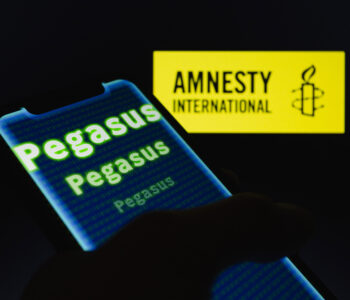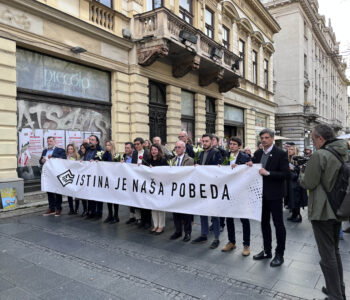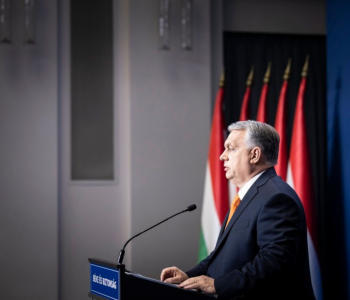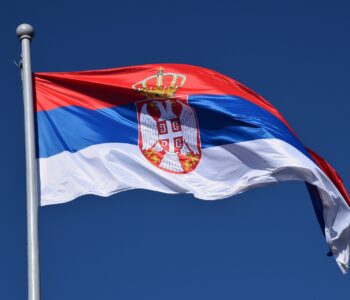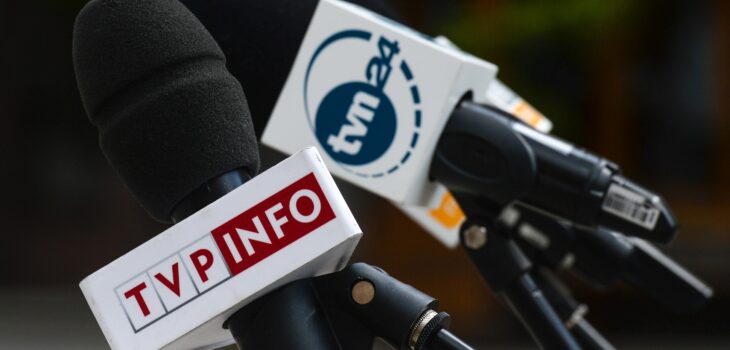
Polish media grapple with unprecedented challenges and uncertain future as the country faces electoral crossroads
At the conclusion of their press freedom mission to Warsaw from 11-13 September, partner organisations of the Media Freedom Rapid Response (MFRR) declared that the media and journalists in Poland are facing unprecedented challenges including legal threats, financial precarity, political pressure, regulatory capture and growing polarisation.
The delegation, comprised of representatives of ARTICLE 19 Europe, the European Centre for Press and Media Freedom (ECPMF), the European Federation of Journalists (EFJ), Free Press Unlimited (FPU) and International Press Institute (IPI), met with editors, journalists, regulators, civil society groups, lawyers, the Office of the Commissioner for Human Rights and the Ministry of Culture to hear directly about the conditions under which media are currently operating in the build up to the parliamentary elections due on 15 October.
Poland has long enjoyed one of the most robust and pluralistic media markets in central and eastern Europe, however in recent years Poland has witnessed intensifying efforts to assert control and influence over large sections of the media. The situation is further exacerbated by the deep polarisation within the media and between journalists.
Within weeks of the 2015 election, the ruling coalition led by the Law and Justice (PiS) party passed a provisional law to dismiss the board and senior management of public service media enabling it to take full control on the information it aired. The Telewizja Polska (TVP) today occupies approximately a third of the broadcast market and enjoys an annual budget of 2.5 billion Zlotys (550 million euros). According to monitoring figures provided by the Polish National Broadcasting Council (KRRiT) for the second quarter of 2023, the governing coalition dominates TVP news, enjoying 80% of political coverage, of which 73% is dedicated to PiS. Oppositional political parties meanwhile share the remaining 20% of coverage, which is overwhelmingly negative.
These figures alone demonstrate how TVP is failing in the fundamental duty of any public broadcaster to provide fair and balanced political coverage between and during elections.
The private broadcast sector has also come under intense pressure through a variety of means to ensure pliable media that are cautious of holding the government to account.
KRRiT, whose composition is controlled by PiS allies, has used its licensing powers to create business uncertainty and intimidate broadcasters such as TVN and RADIO TOK FM. In the past years, KRRiT has also issued a number of financial penalties against broadcasters for reporting on issues such as the new school history books, questioning the official report into the Smolensk air crash tragedy and child abuse within the catholic church.
Media pluralism was further compromised when the state controlled energy giant PKN Orlen took over the largest regional media company, Polska Press, in 2021 leading to the rapid replacement of most of the editors in chief with journalists from TVP and other pro-PiS media. The purchase has further restricted access to diverse media, particularly in rural areas with limited internet access.
Local independent media are in an exceptionally precarious situation facing financial and distribution troubles, legal threats and uneven competition against media backed by the local authorities.
Meanwhile, many private media are denied access to state advertising funds which PiS has weaponised to fund favourable media outlets and undermine independent journalism. The move exacerbates the financial pressures on media, particularly print media, that are still trying to find sustainable income streams to support the transition to digital.
Polish media are additionally subjected to one of the largest number of vexatious lawsuits, or SLAPPs, in the European Union. Though judicial harassment of journalists is not new, since PiS came to power abusive litigation has become an inherent strategy for weakening critical media. Most SLAPPs are taken by politicians from the governing parties or state companies and public institutions and are therefore financed by public funds.
The overwhelming majority of commentators met by the mission expressed the concern that the country was at a crossroads and that four more years of the current policy would accelerate media capture and push Poland down the path to emulating the situations in Hungary, Turkey or Russia.
The mission will issue its full report in the first week of October.
This statement was coordinated by the Media Freedom Rapid Response (MFRR), a Europe-wide mechanism which tracks, monitors and responds to violations of press and media freedom in EU Member States and candidate countries.




